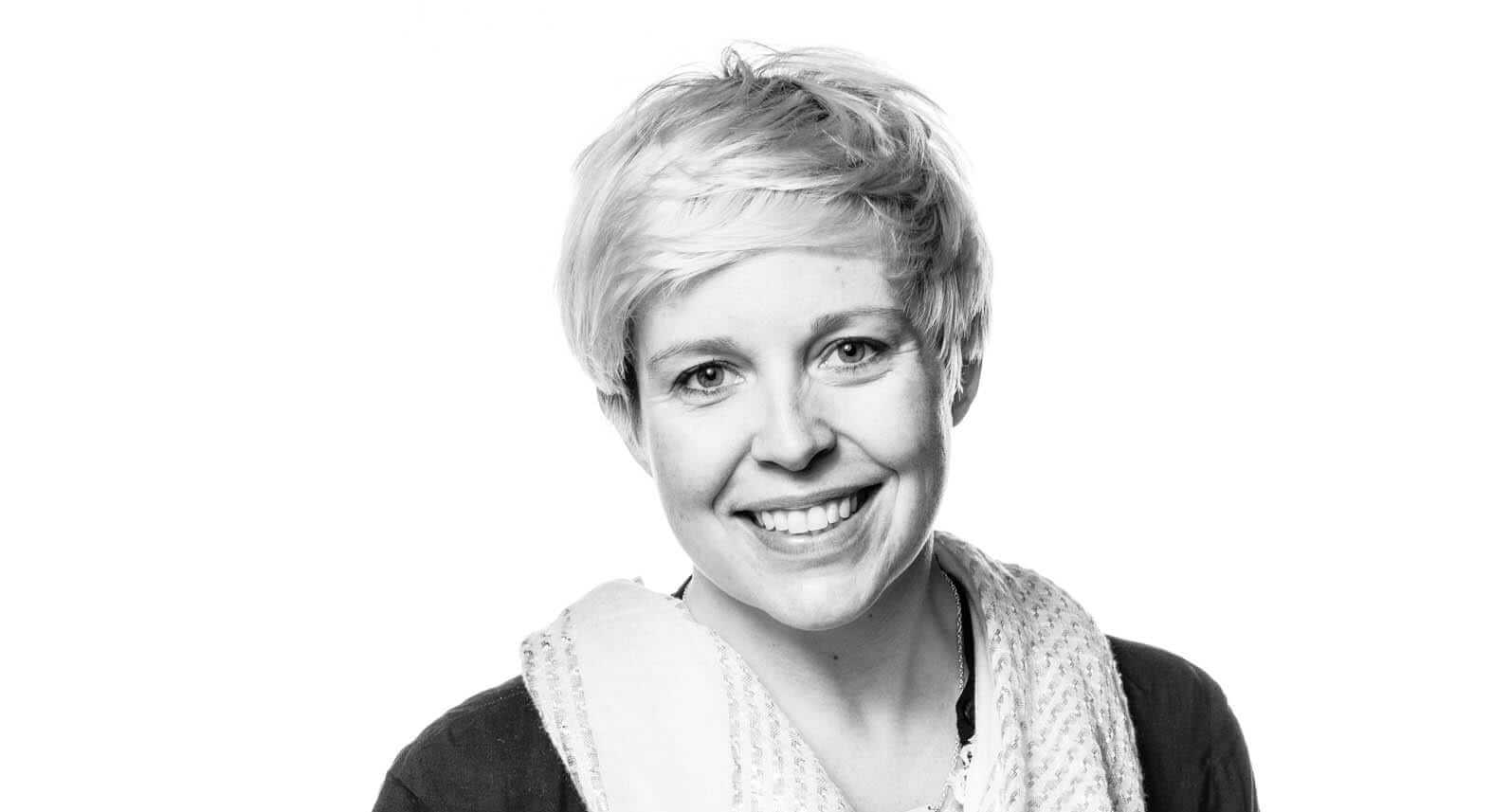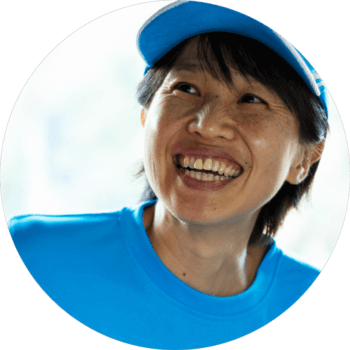(Women on Top in Tech is a series about Women Founders, CEOs, and Leaders in technology. It aims to amplify and bring to the fore diversity in leadership in technology.)
Merici grew up on a ranch in the sandhills of western Nebraska and was a real cowgirl/tomboy type who rode horses to school and preferred playing in trees to playing indoors.
Her parents died early when she was a kid and she has just left with stories and memories of her parents from family and friends. The stories she heard about her parents left her to wonder “How can I lean in even more than my parents managed to in their way-too-short lives?”, her mom was a leader—the first woman in any activity she pursued (quite an accomplishment in the cattle industry), gregarious, quick, brave… pretty much perfect. Meanwhile, her dad was a creator—he managed to create a new, highly successful cattle breed, ran a profitable cattle ranch at a time when no one else was; he was also hilarious, clever and loved playing tricks on friends.
Charting her own path required space and determination. She moved across the state to live with family friends, affectionately called her guardians, and attended a school that was bigger than the town she had previously lived in. Throughout junior high and high school, she had friends and guidance counselors suggest that, given her “situation,” why wasn’t she getting into trouble? Or in jail?
Instead of doing what they expected of her, she leaned in.
If she has learned anything, that is life is too short to not do things you are interested in. She had accomplished some fun things—from interning at the US Embassy in Moscow to getting her MBA to working in New Media on the 2008 Obama campaign to starting the technology and web team for a brand new federal agency: the Consumer Financial Protection Bureau. Now she works at an initiative called A World at School and we work to ensure that the 61 million kids who currently do not receive any primary education are given access to learning.
What makes you do what you do?
I love building communities and I would guess that one reason community means a lot to me is because I have had to create lots of them throughout my life. I grew up on a ranch in rural America and, despite the fact we were in the middle of nowhere, my family was very engaged in local civic institutions and committees, politics, and various membership organizations.
I have been involved in politics and activism since as long as I can remember – I made calls as a kid and knocked on doors in the nearest town. We had to create a community around us to help us thrive and, in many ways, survive (winters were brutal!). My parents died when I was 11 and, after, I moved around a lot and had to figure out new environments, families, and communities – and I had to understand what I needed in the absence of my parents. I learned at a young age that there’s a lot of injustice- and one way I can help people – at scale – is through creating communities like Ada’s List. Ultimately, I would not be here today without all of the people who have helped me along the way and I hope that, through Ada’s List, I can support people who need it in their journeys.
How did you rise in the industry you are in?
Great question and frankly it seems like a fairly circuitous route to get here – but what has remained throughout is that I have always pushed for bold, Yolo visions in most things that I have done. Sometimes I have been successful (building the tech team for the Consumer Financial Protection Bureau with Elizabeth Warren) and other times not so much – but I am always restless to find new, exciting ways of doing things.
Why did you take on this role/start this startup especially since this is perhaps a stretch or challenge for you (or viewed as one since you are not the usual leadership demographics)?
I co-founded Ada’s List in October 2013 and left my role at Fjord just a few weeks ago (August 2019) to run it full time. I decided it was time for me to try something new – I had been working inside of large organizations for most of my career and realized that many of the skills I was honing were very specific to…working inside of large organizations. I was ready for something new at a place where success or failure was truly down to me. It is fun to be entrepreneurial and I am meeting new, wonderful people every day. It has been a blast. So far.
Do you have a mentor that you look up to in your industries or did you look for one or how did that work? How did you make a match if you did, and how did you end up being mentored by him?
One of my oldest mentors, Buie Seawell, I met in my MBA program where he taught our Value-Based Leadership class. He was a former preacher and civil rights activist who became a lawyer, got into politics, and eventually ended up teaching ethics in our MBA program. I really lucked out – he became my advisor and coached and challenged me to become a better leader. He has really influenced my management style and shaped me into the leader I am today.
Now as a leader how do you spot, develop, keep, grow and support your talent?
I look for honesty, directness, and integrity. I do not expect people to “have it all together” (whatever that means) and actually try hard to find talent from places that are not obvious. As for keeping, growing, and supporting talent – I think one of the most forgotten questions is “what do you want to do (now, in 6 weeks, 6 months, etc) and how can we get there, or help you find somewhere else where you can do that?” I am always trying to look ahead for the next opportunity to help my team grow.
Do you consciously or unconsciously support diversity and why?
I consciously, loudly support building diverse and inclusive teams because they lead to better business outcomes, better ideas, and are more fun. Also, a team full of people just like me would be boring.
What is your take on what it takes to be a great leader in your industry and as a general rule of thumb?
To be a great leader you have to focus on the greater good, not just what works for you as an individual. It requires you to have a vision for the future that you want to create and how you can involve others in making it happen. It requires listening to your community and knowing how to turn that into action.
Advice for others?
Right now is the time for action – there is a lot of crazy in the world and each of us has a role to play in making it better, less sexist, less racist, and generally more fun to live in. Now is the time to build communities and play an active role in your existing communities – join the board of a neighborhood primary school, register to vote, get to know your neighbors and just generally show up.
If you’d like to get in touch with Merici, please feel free to reach out to her at
www.linkedin.com/in/merici/?originalSubdomain=uk





























